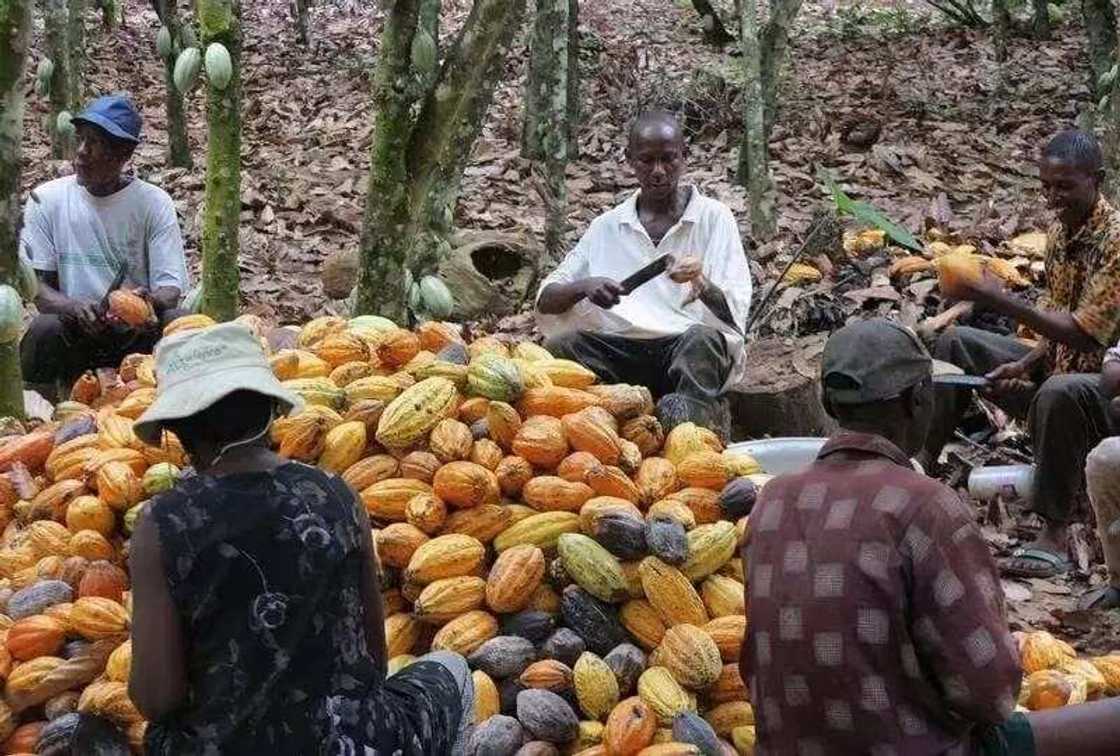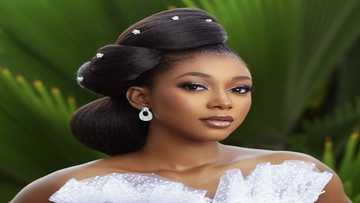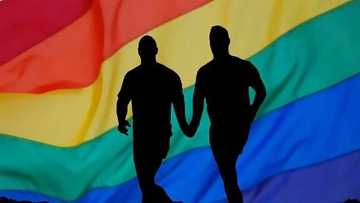50 Facts About Ghana's History, People and Lifestyle
Ghana is a country located in West Africa and its name means warrior. Ghana truly is a warrior of sorts, as the country has experienced some problems, starting from colonization, which she has managed to overcome. To understand the country and its people well, we will look into the history, culture and all other interesting facts about Ghana.

Facts about Ghana’s heritage
Ghana s a multi cultured country. It has an abundance of culture with it boasting of at least five major language groups namely; Dagomba, Ewe, Fante, Ashanti and the Ga. Different ethnic communities come with different beliefs and different cultures. All these cultures have been intertwined, by way of marriage and association, to help achieve national unity and encourage development.
The traditional religious practices of the Ghanaian people were also almost similar. Regardless of the fact that they had different beliefs, their practices revolved around beliefs in the spirit world, gods and goddesses
One of the very interesting facts about Ghana is the fact that Ghana is a country whose people are still using class classification. Class classification in Ghana still separates people as; royals as the top of the crème, then commoners.
Ghana has managed to embrace traditionalism and has incorporated it into their laws for example, they have legalized polygamy. The act of polygamy is widely accepted in the country, but in most cases, it is only practiced by the affluent people.

In the case of traditionalism, Ghanaians still hold on to the less popular practice of inheriting your siblings’ widow. The person who inherits the widow takes on the role of the husband.
African traditional societies were mostly based on strong social structures. In Ghana, this is upheld to date. Ghanaians have a strict cultural practice that they uphold until today, that of being a hospitable people. They are generally hospitable to each other and to visitors and foreigners.
Christianity has started being widely accepted. Christianity has been accepted and it has led to the gradual facing out of traditional practices. For example, even though polygamy is accepted, it is slowly being replaced by monogamy as people embrace Christian teachings that condemn polygamy.
English is the official national language in Ghana.
Akan is the native language that is widely spoken.
Ghanaian people are truly the kind of people who are fond of keeping their cultural heritage alive. This is seen by their continued practice of popular traditional activities like marriage ceremonies for the woman that happen before marriage, ceremonies held after harvesting and ceremonies carried out after giving birth.

Facts on Ghana’s history
- Ghana’s history is marked by very notable events, some of which helped shape Africa’s history. It was the first country in Africa to gain independence.
- Ghana was the name that was used as the title of the king who ruled the land which the country now stands on in the medieval times.
- Initially, during the medieval times, Ghana was called the ‘Wagadugu Empire’.
- Before 1957, Ghana was popularly referred to as ‘The Gold Coast’. This was due to the availability large reserves of gold that were found along river Volta and river Ankobra.
- Gold was the main reason why Ghana was colonized.
- The struggle for independence in Ghana started after World War II and was initiated by the people who had come from the war.
- The veterans started the struggle for independence because they had been influenced by the war. They had finally gotten over the myth of white people invincibility because they had seen them die in world war II.
- A meeting was conveyed in Manchester, England in 1945 where serious issues on African people liberation were raised. The meeting was attended by Kwame Nkrumah.
- In 1946, Ghana had drafted their own constitution
- Ghana gained its independence using diplomatic channels in 1957.
- The first black president of Ghana was Kwame Nkrumah.

Interesting facts about Ghana’s people
- Ghana’s population now stands at over 27,499,924 people.
- Ghana has a higher birth rate than death rate.
- Ghanaian people have a distinct sense of fashion, preferring brightly colored fabrics. They like to wear clothes made of silk.
- The “kente” fashion sense has its roots in Ghana
- Ghanaian women love to use beads as a fashion accessory
- Ghanaian people enjoy music, dancing and they are a people who love playing the drum
- Ghanaian people love food. The recipes from Ghana are appreciated all over the world
- Ghanaian people are one of the most literate in Africa, with the literacy level at 76.6%
- Ghana is a mixed religion state, having people who profess the Christian faith and others who are Muslims. It also has other religions such as the Rastafarians.
- Ghana is largely a plain but it has some distinct hills.
- Ghanaian people are mostly poor. This is attributed to its significantly large population.
- The northern region holds most of the country’s wealth as it is the rich people who occupy a larger part of that area. The Southern part has mostly the poor people.
- Ghana has been an authority in Africa as its efforts of implementing the Millennium Development Goals are seen to be bearing fruit as the decrease in poverty levels happens gradually.

READ ALSO Brief History of Ghana Until Now
Interesting facts about Ghana’s economy and economic activities
- The country is still struggling in its efforts of becoming a middle income earning nation.
- The main economic activity in Ghana is agriculture.
- The main economic crop grown in Ghana is the famous cocoa plant.
- Agriculture being the main economic activity has seen most people turn to farming. This has brought a surplus of food and in turn low prices thus leading to increased poverty levels
- The country has been hit by a wave of inflation lately that is affecting development
- Foreigners and locals are being encouraged to do business in Ghana. The government has tried to make the environment conducive for foreign as well as the local people
- The government has been on the fore-front to help curb market malpractices in an effort to rid the economy of the effects of bad market practices.
- Ghana exports more than it imports

Ghana’s geography
- Ghana is located in west Africa and it boarders Burkina Faso and Togo
- Ghana has a coastline in the Atlantic Ocean.
- Ghana is a small country.
- The population of its capital city is roughly over two million people
Thee capital city of Ghana is Accra
Ghana’s food and music
- Ghanaian people have a loving for traditional food
- Most Ghanaian food is made with plenty of spices
- Ghanaians love for food has made them produce the largest open air market in West Africa.
READ ALSO History of Okomfo Anokye
Source: YEN.com.gh






